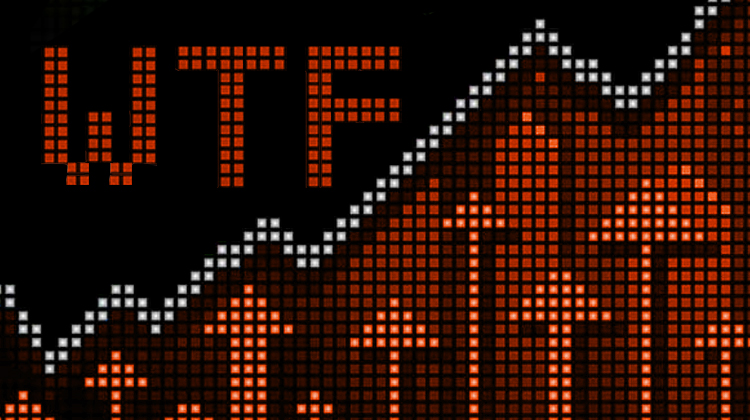WTF
Zeitgeist 2022: Tearsheet’s guide to the financial terms nobody understands
- There were a lot of disappointments last year. What never failed us, though, was the financial space's ability to invent new words.
- We've updated our Termsheet for 2022 to help you sound like you know what we're all talking about.
Rebecca Cohen | January 27, 2022
Member Exclusive, WTF
WTF is social commerce?
- Social commerce is the buying and selling of products on social networking websites and apps.
- The global social commerce industry is expected to balloon to $604.5 billion by 2027.
Shehzil Zahid | August 05, 2021
Member Exclusive, WTF
WTF is a banking desert?
- Bank deserts exist in areas without banks.
- Access to financial services has a sociological and financial impact on people.
Minahil Shahab | June 30, 2021
Blockchain and Crypto, Member Exclusive, WTF
WTF is stablecoin?
- Stablecoin is a kind of cryptocurrency that’s tied to a reserve asset that helps stabilize its market value.
- Here’s everything you need to know about stablecoin.
Shehzil Zahid | June 09, 2021
Member Exclusive, WTF
WTF is a SPAC?
- Special Purpose Acquisition Companies go public and use the funds to acquire a company after.
- More investors are becoming fluent in SPAC-speak.
Rivka Abramson | April 30, 2021








